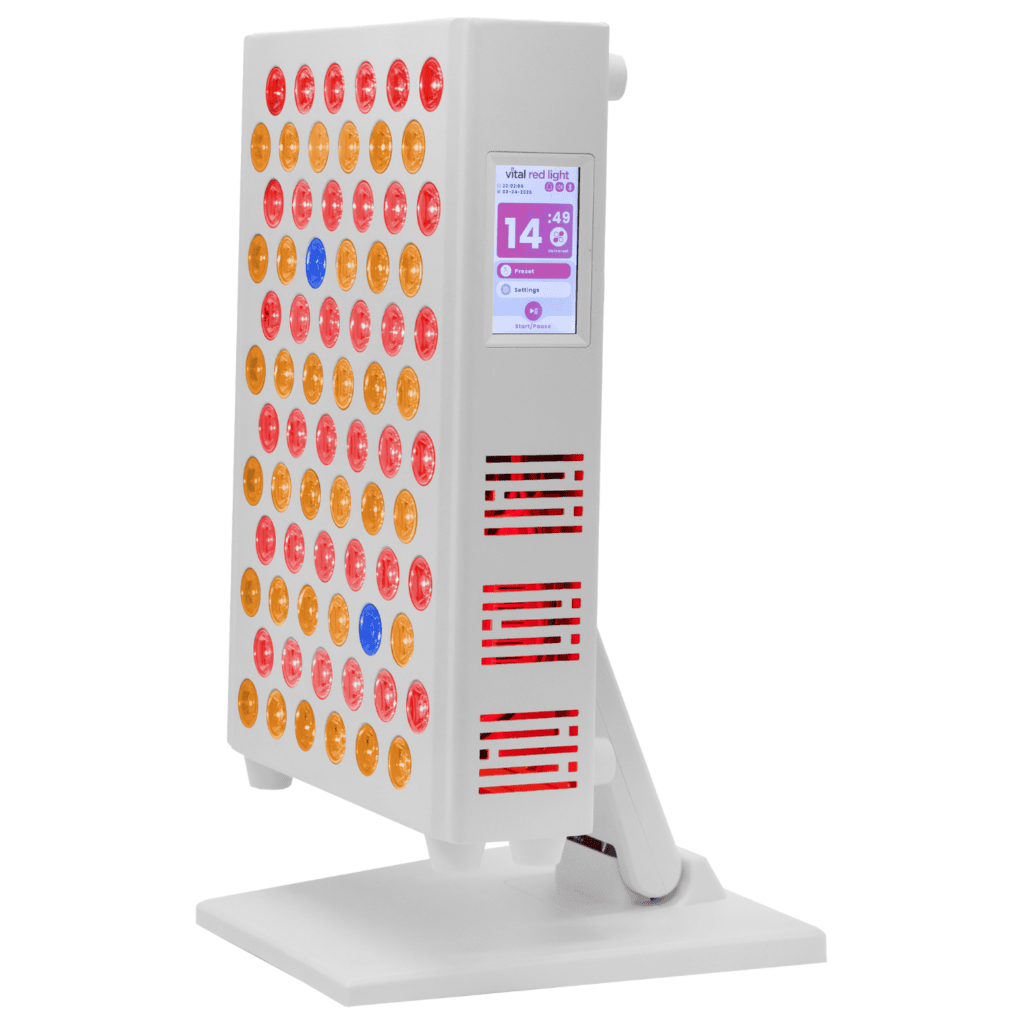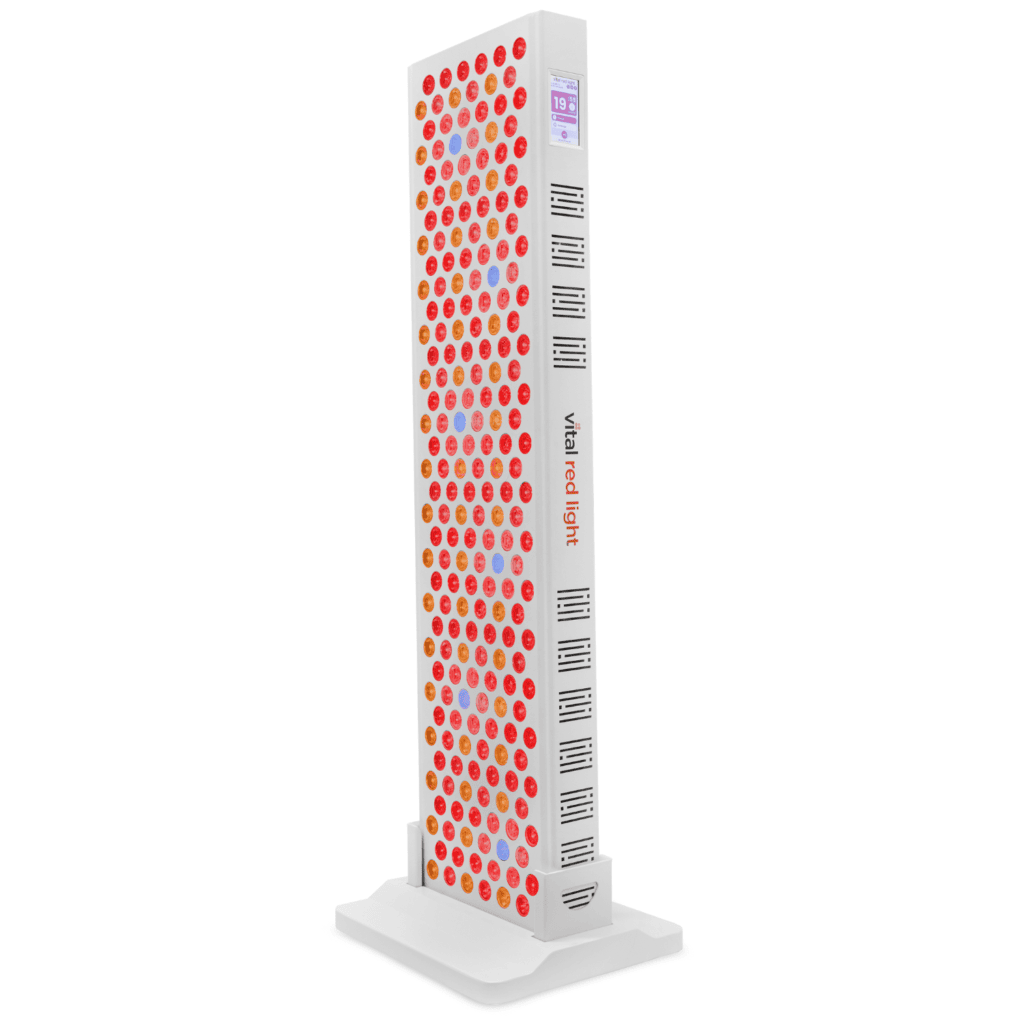
Chronic inflammation is a growing health concern linked to conditions such as obesity, heart disease, diabetes, and arthritis. While inflammation is a natural immune response to injury or infection, prolonged systemic inflammation can damage healthy tissues and lead to chronic illness. Fortunately, diet plays a crucial role in controlling inflammation. By making better food choices, you can help reduce inflammation and support overall health.
What Causes Chronic Inflammation?
Several factors contribute to chronic inflammation, including stress, environmental toxins, aging, and certain medical conditions. However, diet is one of the most significant contributors. The consumption of processed foods, excess sugar, trans fats, and red meat has been linked to increased inflammation in the body. Cooking methods also play a role—grilling and deep-frying can introduce harmful compounds that worsen inflammation.
Foods That Trigger Inflammation
To lower inflammation, it’s essential to minimize the intake of pro-inflammatory foods, including:
- Red and processed meats (steak, bacon, sausage, and lunch meats)
- Refined carbohydrates (white bread, pasta, and baked goods)
- Fried foods (French fries, fried chicken, and donuts)
- Sugary foods and beverages (candy, soda, sports drinks, and flavored teas)
- Trans fats (found in margarine, microwave popcorn, and refrigerated dough)
Processed foods are particularly harmful because they contain additives, preservatives, and high levels of sugar and unhealthy fats. Reading food labels is essential—ingredients like “partially hydrogenated oils” and hidden sugars (e.g., high-fructose corn syrup, cane crystals, and syrups) should be avoided.
The Best Anti-Inflammatory Foods
While there isn’t a single anti-inflammatory diet, adopting a Mediterranean or plant-based diet can significantly reduce inflammation. These diets emphasize whole, nutrient-rich foods known for their anti-inflammatory properties:
- Omega-3 fatty acids: Found in fatty fish (salmon, mackerel, sardines, and tuna), omega-3s help counteract inflammation. Plant-based sources include walnuts, flaxseeds, and chia seeds.
- Vitamin C-rich foods: Citrus fruits, bell peppers, and berries provide antioxidants that fight inflammation at the cellular level.
- Polyphenols: Found in olive oil, whole grains, coffee, tea, and dark chocolate, polyphenols protect against oxidative stress and inflammation.
- Gut-friendly foods: Probiotics (in yogurt and fermented foods) and prebiotics (found in asparagus, bananas, and chicory) support healthy gut bacteria, which play a role in reducing inflammation.
Cooking and Eating Habits Matter
The way food is prepared can impact its inflammatory properties. Steaming, baking, and stir-frying are healthier alternatives to deep-frying or grilling meat. Grilling vegetables and lean proteins like fish can still be beneficial, but red meats should be limited due to harmful compounds formed at high temperatures.
Substituting inflammatory foods with healthier options can also make a difference. For example:
- Swap French fries for baked sweet potatoes
- Use olive oil and herbs instead of butter-based sauces
- Choose dark chocolate and fruit over processed desserts
The Role of Lifestyle in Inflammation
Diet alone isn’t enough to combat chronic inflammation. Lifestyle factors such as regular exercise, quality sleep, and stress management are essential. Poor sleep, sedentary habits, smoking, and excessive alcohol consumption contribute to inflammation, so adopting an overall anti-inflammatory lifestyle is key.
Final Thoughts
Chronic inflammation can lead to serious health conditions, but dietary choices and lifestyle habits can help mitigate its effects. By reducing processed foods and incorporating anti-inflammatory ingredients into daily meals, you can support long-term health and reduce the risk of chronic disease.




















